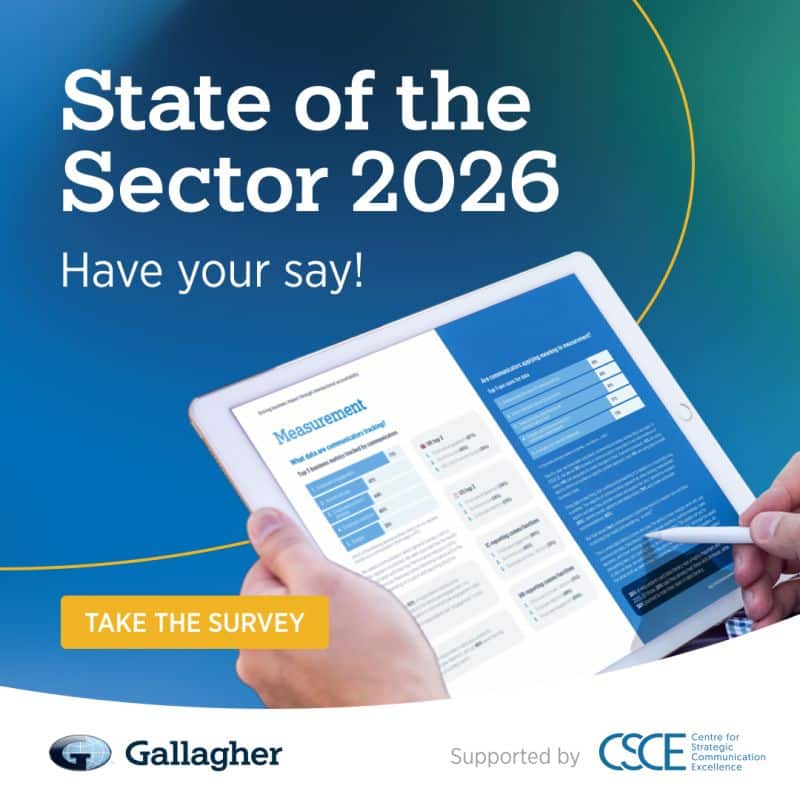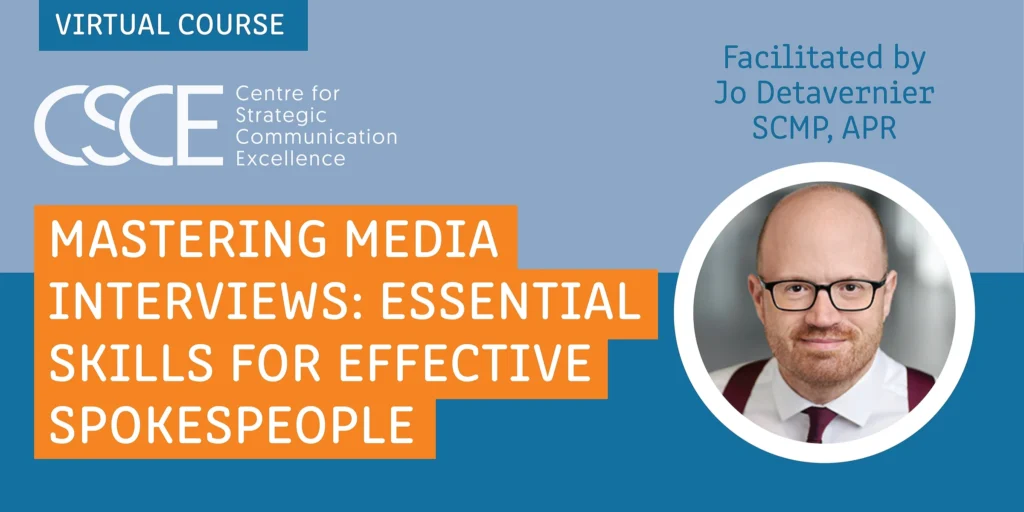The introduction of artificial intelligence into your organisation needn’t be fraught with danger.
Handled calmly and with adequate time given to preparation, the major changes that the introduction of this new wave of technology brings will not trip you up.
Be prepared to communicate about artificial intelligence by keeping abreast of technology developments (and find out what your communication peers are doing)
Getting up to speed needn’t be a challenge. Just carve out about an hour a week of your time to upskill yourself on artificial intelligence. That hour can be spread out in 15-minute research and reading blocks.
Read a few blogs (ignore the adverts at the top and follow the links on this page), follow Mike Quindazzi on Twitter — he tweets about tech trends in business. To get a measure of commercial applications of AI, follow the Twitter account SwissCognitive. The CIPR in the UK is about to run a conference on AI; follow the hashtag #AIinPR. Or do what we do at Better Communication Results — set up a Google Alert to go to your inbox when Google finds something new published about AI.
You can also reach out to your peers and find out what they’re doing, what’s working and what isn’t. The IABC has the excellent online forum ‘The Hub’ where members can go and share ideas, ask questions and provide wisdom.
Gain clear guidance from your leadership team about their intentions regarding the introduction and roll-out of artificial intelligence
There will be a lot of employee concern about their job security and future in an artificial intelligence world. It doesn’t matter whether they are permanent employees or members of the gig economy, they will all have fears about meeting mortgage and rent payments.
So prepare for your communication by finding out what your leadership team are going to do with artificial intelligence. For example, find out what their first projects will be, what future projects are planned, what (if any) retraining is planned, will there be redundancies and what new jobs are going to be created as a result?
There is some merit in attempting to convince the leadership team that jobs don’t have to be lost, that people can be found alternative, value-adding roles to play, but if leadership have made up their mind to shed staff numbers, despite the evidence that there’s more value to be gained by freeing up workers to engage in higher-value activities, then you had best be prepared for it. You’ll need statements from your CEO and Chairperson.
Work closely with HR to determine what (if any) retraining and reallocation of tasks will take place
Once you know the plans your leadership have, you are better informed and placed to work closely with your HR colleagues to craft a series of messages to both all employees and affected employees.
There are bound to be staff movements and transitions with the introduction of artificial intelligence. Prepare for communication pieces not only to those directly affected, but also their colleagues and, if possible, their families. This will place your organisation in the best light.
Communicate openly with your employees about what direction the company is taking and where the future lies for the various departments and roles
Don’t delay in communicating with your employees. Even if your leadership team doesn’t have any specific, immediate plans to introduce artificial intelligence into the workplace, your employees are nevertheless concerned and interested. ‘No news’ just fosters rumour and speculation. Cultural traps abound in a news vacuum.
Closely monitor the sentiment and reactions to your communication. Be prepared for negativity, pessimism and cynicism
Employees who are worried about their futures are going to find it difficult to believe you if you paint a Pollyanna picture of AI and their roles. And employees not directly affected now might equally be worried for their jobs at some stage in the future. How you and your organisation handle communication around artificial intelligence will either play into the fears of those likely to be directly affected or into the hands of outside influencers.
Ensure you have back up content to share with your audiences that explains in more depth why changes are going to occur and what the organisation is doing to help employees retrain or upskill.
Your organisation will have its external and internal reputation tested by artificial intelligence. Don’t be on the wrong side of the fence.
A final word
Remember to increase your own knowledge about AI, get clarity and messages from the leadership team, work closely with your HR colleagues, communicate regularly, and be prepared for negativity and cynicism from some pockets of the organisation.
Download these tips as an infographic and start planning today.
Good luck!






